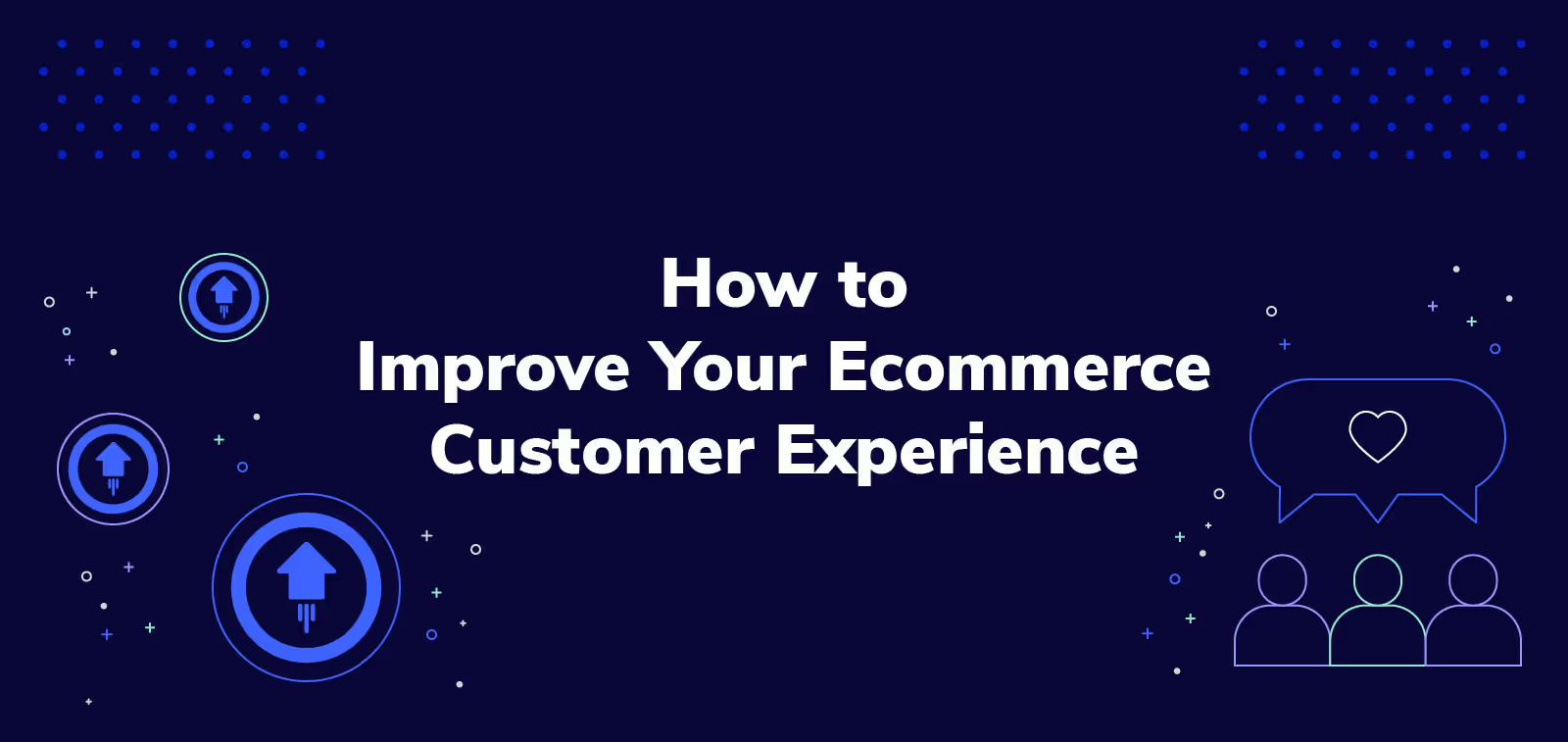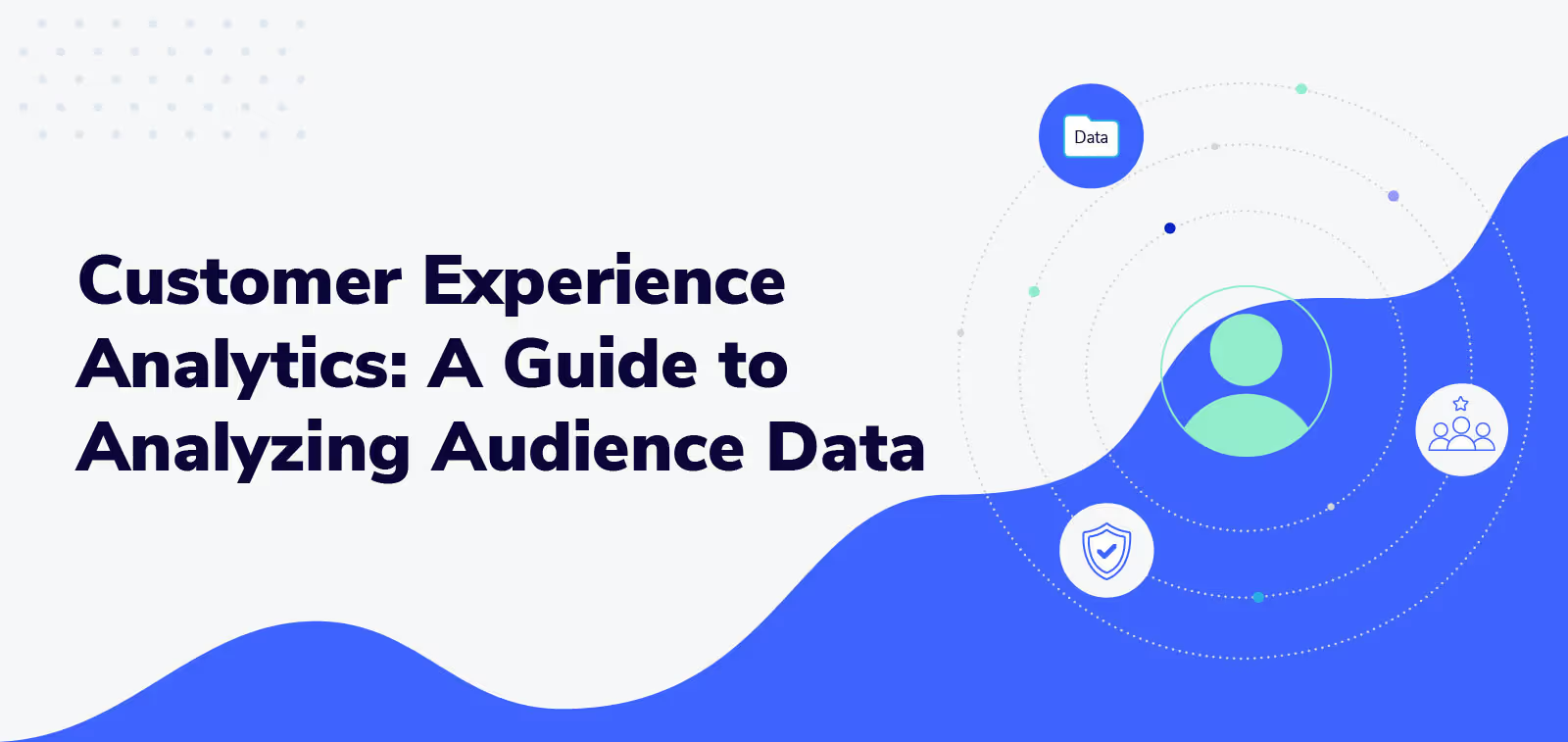7 Top Customer Satisfaction Survey Software Platforms for 2023

You’ve spent top dollar designing an ecommerce experience with speedy product discoveries and a one-click checkout. But six months after launching the store, sales are still lagging behind expectations — and you’re not sure why. It’s time to add customer satisfaction (CSAT) survey software to your technology stack.
Sure, customers might appreciate a one-click checkout, but there might be other cracks in their experience that send them to competitors. Customer satisfaction survey software zeros in on these cracks so you can fix them before it’s too late.
Customer satisfaction software solutions collect and analyze feedback from online surveys. But the solutions are not created equal. You need to consider budget, how frequently you need feedback, and how well the software integrates with your other systems.
To help you narrow down your options, here’s a breakdown of seven customer satisfaction survey platforms suited to businesses at different stages of development.
Delighted: Best for enterprise-level ecommerce brands
What sets this tool apart: Delighted uses AI to pull actionable insights from customer feedback. For enterprise-level companies processing thousands or millions of surveys, this feature saves marketers valuable time.
Pricing: Free for their starter plan to $449/month for Delighted’s Premium Plus plan. Custom plans are available with a consultation.
Like other survey tools in this list, Delighted lets customers leave open-ended feedback when they respond to close-ended questions on net promoter score (NPS), customer effort score (CES), and CSAT score surveys.
Most survey tools will automatically calculate the average satisfaction scores from the close-ended questions. But what about the open-ended feedback? When you’re sending millions of surveys at a time, you don’t have time to read each response. Delighted’s AI tool sifts through the responses for you, highlighting issues that might be leading to unhappy customers.
Suppose you send a CES survey asking product protection plan buyers about the level of difficulty filing a claim. If a large number of high-effort scores included the word “receipt” in the comments, Delighted would flag the word and perform sentiment analysis on the terms surrounding it. Digging deeper, you might learn that customers who’ve deleted their order confirmation emails don’t know where to turn, creating frustration.
If your brand operates internationally, Delighted’s AI feature analyzes responses in more than 30 different languages.
To prevent customer survey fatigue, set limits on the number of surveys a customer receives in a given time frame. Delighted will automatically exclude customers who’ve reached their limit.
GetFeedback: Best for brands using Salesforce
What sets this tool apart: GetFeedback pulls your Salesforce customer data to hyper-personalize surveys.
Pricing: 14-day free trial, then consultation required for pricing.
GetFeedback was built for Salesforce, so brands already using Salesforce’s CRM or ecommerce platform can get this survey tool up and running quickly.
Salesforce is well known for its ability to store hundreds of customer attributes — such as gender, hometown, products purchased, lifetime value, and more. With GetFeedback, you can use this information to send surveys to the audiences who are most qualified to answer them.
Say you want to evaluate your loyalty program rewards. Rather than send a single CSAT survey to all loyalty program members, send surveys to different segments and compare results. Build the survey in GetFeedback, then use Salesforce data to create the survey audiences.
You might survey customers with high lifetime values who haven’t taken advantage of loyalty rewards. The questions could be, “On a scale of 1-10, how satisfied are you with loyalty program offerings?” Also, ask an open-ended question: “How would you improve reward offerings?” Responses might reveal friction in the enrollment process or ideas for new rewards.
Or you might send a customer satisfaction survey to loyalty program members who’ve taken advantage of rewards. This group might be hungry for new reward offerings. It’s best to get their feedback in case they’re losing interest.
GetFeedback boosts response rates by sending surveys across the channels customers use most often — such as SMS, email, or chat. Combine the survey results into a single dashboard for a high-level view, or view the results in survey-specific dashboards.
Better yet, individual customer responses can become new Salesforce customer attributes, which you can use in future marketing campaigns. A new attribute might be customers dissatisfied with loyalty rewards. Sync that survey data with Salesforce and send those customers an email giving them first access to a new reward their feedback helped create.
Hotjar: Best for small but growing ecommerce stores
What sets this tool apart: Hotjar visualizes customer feedback data.
Pricing: Free for the Basic plan, up to $64/month for surveys and feedback. Custom plans require a consultation.
Hotjar is a good tool for any company, but it’s especially great for small brands that can’t yet afford an army of UX/UI designers. It plants quick, one-question surveys at key website or app touchpoints that influence conversions.
Attach these surveys to any webpage, and ask about images, forms, or blocks of text. The question can be as simple as, “Do the photos on this page help you understand the product?” If a product image doesn’t give customers a good enough idea of the item’s size or fit, the survey gives them a chance to comment in real time.
Hotjar complements its on-site surveys with heatmaps, so you get a better idea of why a user doesn’t complete a desired action. That user who didn’t like the photo? Did they click around the product page looking for a better photo? Or did they leave the site immediately? Based on your heatmap data from Hotjar, you can adjust how you present your products online.
Simplesat: Best for brands needing testimonials
What sets this tool apart: Simplesat makes it simple to turn positive survey feedback into social proof.
Pricing: After a 14-day free trial, plans start at $79/month.
Simplesat adds a playful element to feedback surveys, with happy faces indicating satisfaction and sad faces indicating the opposite. But you can also use the standard numerical ratings common to most satisfaction surveys.

Simplesat’s strength isn’t just the variety — and whimsical personality — of its feedback surveys. Account administrators can pull feedback from any positive CSAT, NPS, or CES survey and, in one click, display those comments on any page of their website or app. This positive feedback from real customers helps build trust with new shoppers browsing your online store.
Embed Simplesat surveys almost anywhere, including Gmail and Outlook email signatures.
SurveyMonkey: Best for brands on a tight budget
What sets this tool apart: SurveyMonkey’s affordable starter plan gives users access to more features than some more expensive plans on this list.
Pricing: Limited free plan, then team plans start at $25/user/month. Customized plans require a consultation.
For brands just getting started with customer satisfaction survey software, SurveyMonkey is a safe bet. It offers a wealth of intuitive features at a competitive price, setting it apart from other survey providers.
For $25/user/per/month, teams get these features and more:
- More than 180 pre-written survey templates
- Unlimited surveys and survey questions
- 50,000 survey responses per year
Templates help you get surveys out the door quickly. But if you need to add questions to a template, SurveyMonkey uses AI to make questions more intuitive or actionable for the customer. Just type a question into the AI interface, and SurveyMonkey adjusts the language based on stored survey data.
Once your survey is ready, SurveyMonkey lets you send it via email, social media, and even Facebook Messenger.
Survicate: Best for brands evaluating new products
What sets this tool apart: Survicate specializes in product experience surveys.
Pricing: Free plan available. Then pricing peaks at $299/month for custom plans.
Like other tools, Survicate includes a variety of CSAT, NPS, and CES question types to help teams launch surveys faster. But Survicate stands out in its usefulness for product teams looking to optimize an app.
Survicate helps capture insights in real time while users are interacting with your product. Set in-app surveys to appear according to the following criteria:
- Where the user is. You might display a survey when a customer starts checking out.
- User activity. You might display a pop-up survey once a user scrolls down a page past a certain point.
- User attributes. You might use a survey to evaluate the checkout experience for iPhone users but not Android users.
Because of Survicate’s Slack integration, you can get notified whenever a survey response comes in. Route negative feedback instantly to a team member who can follow up with the customer or troubleshoot product bugs.
Zendesk: Best for brands with large support teams
What sets this tool apart: Zendesk offers not just one, but a suite of survey tools tailored for customer support professionals.
Pricing: Free trial, then $49/agent/month up to Enterprise plans starting at $215/agent/month.
Zendesk’s suite of satisfaction survey tools focuses specifically on the customer support experience, which can make or break a brand’s reputation. A rude agent, slow response to a service request, or lack of self-help resources can send even loyal customers packing.
These days, customers don’t just pick up the phone to contact support — they use email, SMS, chatbots, and other digital channels. Zendesk accommodates this multichannel support by sending satisfaction surveys via the same channel where the customer reached out.
Zendesk automates surveys, so the questionnaire is sent as soon as an agent closes a ticket. If the customer reopens the ticket, a new survey goes out when the ticket closes again.
Boost brand loyalty with customer satisfaction survey software
Whatever software you pick, these tools will help you collect customer feedback regularly, so you know what improvements to make across your brand. And when your customer base sees that you care enough to invest in their priorities, they’re more likely to stick with your brand.
To learn more about creating experiences that lead to customer loyalty, click here for additional tips from Extend.
Aaron Sullivan is senior content marketing manager at Extend. He specializes in writing about e-commerce, finance, entertainment, and beer.
.svg)






























